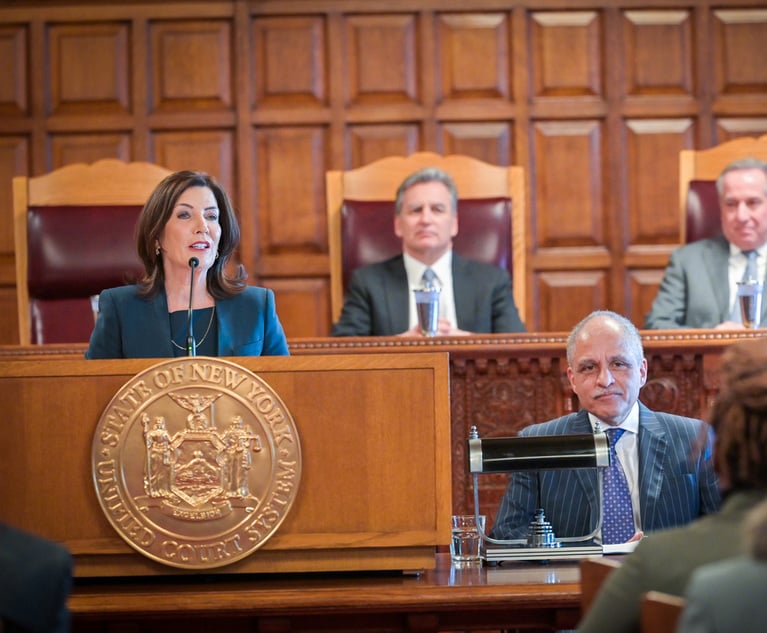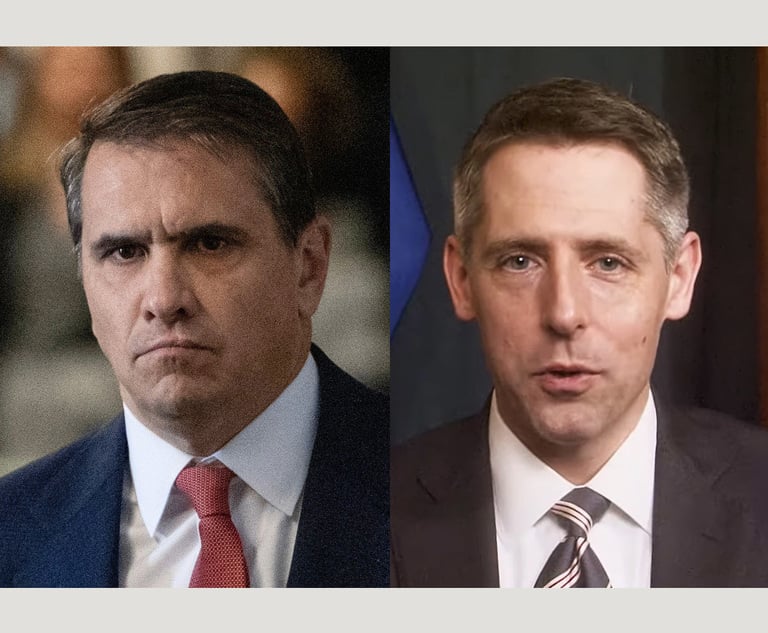 Outside lawyers and firms representing companies play a central role in current white-collar government investigations. Typically, they are called on to demonstrate the client’s full and unfailing commitment to helping prosecute wrongdoers, including, often, its own employees. This frequently involves, among other things, gathering, analyzing, and producing voluminous documentary material, conducting dozens (perhaps hundreds) of interviews of relevant current and former employee witnesses, and ultimately providing their factual and legal conclusions to the government. For its part, the government regularly seeks to take full advantage of these privately funded inquiries. This article highlights some of the lurking pitfalls when the relationship between the government and the private law firms on which the government relies becomes a little too close.
Outside lawyers and firms representing companies play a central role in current white-collar government investigations. Typically, they are called on to demonstrate the client’s full and unfailing commitment to helping prosecute wrongdoers, including, often, its own employees. This frequently involves, among other things, gathering, analyzing, and producing voluminous documentary material, conducting dozens (perhaps hundreds) of interviews of relevant current and former employee witnesses, and ultimately providing their factual and legal conclusions to the government. For its part, the government regularly seeks to take full advantage of these privately funded inquiries. This article highlights some of the lurking pitfalls when the relationship between the government and the private law firms on which the government relies becomes a little too close.
The size and scope of resources, and the access to information that private companies can provide often outpace those available to the government. And government prosecutors are trained to “leverage” those private resources to bring cases that might not otherwise be possible. Companies “voluntarily” participate in this symbiotic system because the benefits have become enshrined in written policy and routine government practice: The Department of Justice’s “Justice Manual” requires corporations to “identify all individuals substantially involved in or responsible for” and “all relevant facts relating to” misconduct in order to receive any cooperation credit in relation to that conduct. U.S. Dep’t of Justice, Justice Manual 9-28.700 (2018). Similarly, corporations that self-report violations of the Foreign Corrupt Practices Act (FCPA) and “fully cooperate” can obtain up to a 50 percent fine reduction and avoid imposition of a monitor. Id. at 9-47.120. The DOJ recently announced, moreover, that it would extend the same policy beyond the FCPA. See Jody Godoy, “DOJ Expands Leniency Beyond FCPA, Lets Barclays Off,” Law360 (March 1, 2018).






